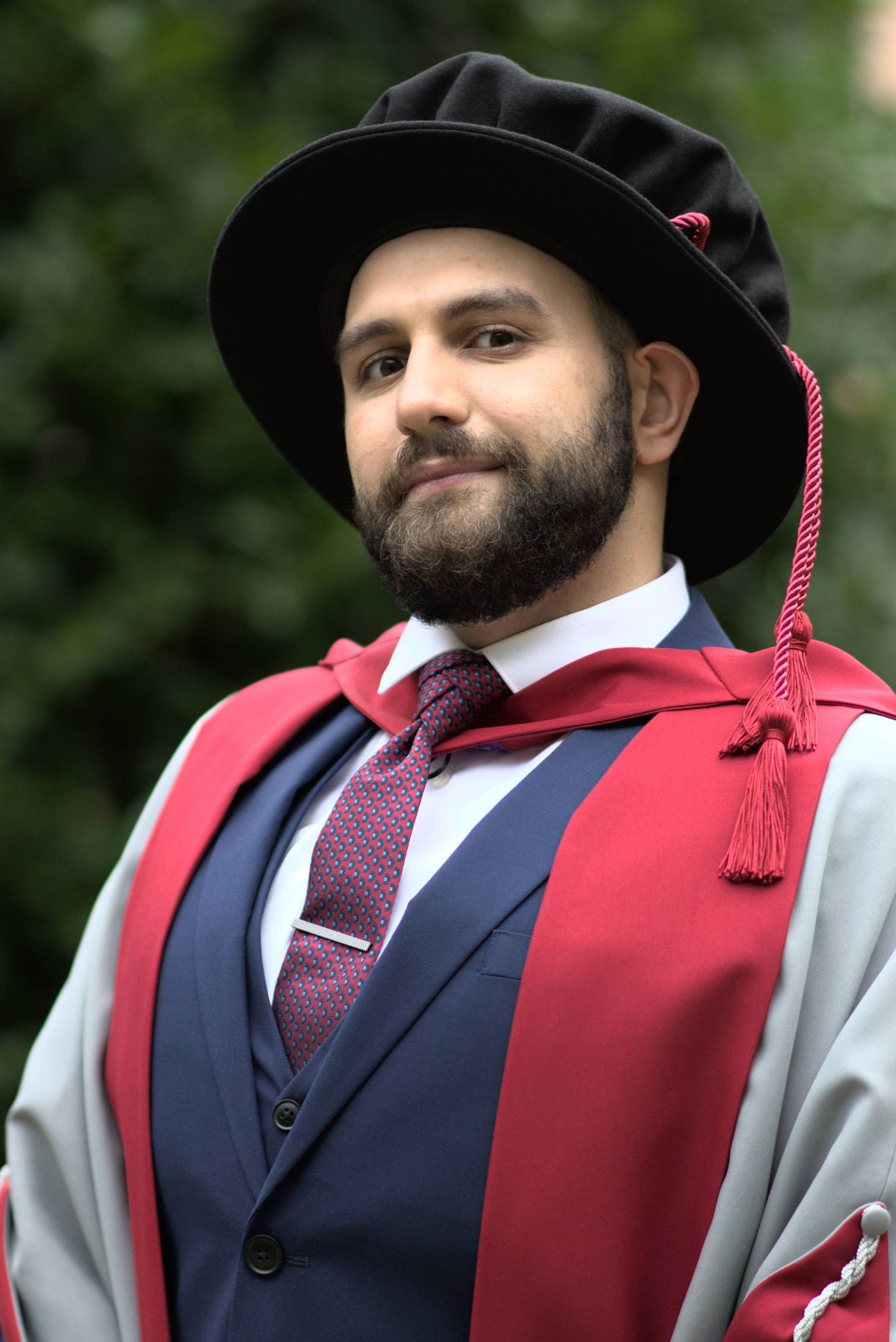EMC CPD Online: Politics, Critical Discourses and Narrative: Approaches for A Level English – Teacher Conference
-
Availability -
Places available
-
Price - £45 per place
-
Location - Online
-
Duration - 2-4pm
This online teacher conference brings together academics working in the fields of critical discourse studies, corpus linguistics and narrative to take a look at the language of politics and how A Level English Language students can make use of new thinking and methodologies in their language investigations and wider understanding of how language works.
Speakers:
- Dr Charlotte Taylor - University of Sussex
- Dr Philip Seargeant - The Open University
- Dr Frazer Heritage - Manchester Metropolitan University
Hosted by Dan Clayton with a Q&A.
The talks
Philip Seargeant: A slogan is not a philosophy: how political catchphrases shape public discourse
2024 will see more people around the world going to the polls than in almost any other year in history. Yet at the same time, there's a real fear in many quarters that democracy - and in particular liberal democracy - is under threat in a way that it hasn't been for half a century. One of the threats to democracy as a political system is from populists and demagogues who offer simple solutions to difficult problems, and make claims and promises which have little if any grounding in truth. In this presentation I will look at a particular form of political rhetoric much beloved by both populists and others alike: the political slogan. The talk will address the questions of: what role do political slogans play in political rhetoric more broadly? what makes a good slogan? what sort of effect slogans can have on public discourse? and what can the use of slogans tell us about the ties between political persuasion and commercial marketing in the modern world? In discussing these questions, the talk will analyse how slogans work as concise narratives, and how they're circulated and spread through society.
Frazer Heritage: Media discourses and pronouns: How small grammatical units go a long way
This talk considers the role of grammar in analysing media discourse. Grammar is often a feature of language that many A-level (and first-year Undergraduate) students somewhat shy away from, in favour of lexical analyses. This talk highlights the importance of considering grammatical features within media texts, with a particular focus on the importance of analysing pronouns. I demonstrate that pronouns have a range of ideological functions. Pronouns can be used to affirm someone’s gender identity within media discourse, but they can also be used to delegitimise someone’s gender identity or even dehumanise someone based on their gender identity. Pronouns can also construct conceptual 'in' and 'out' groups – whereby, the use of pronouns such as 'us' or 'we' and 'them' encourage readers to feel opposed to members of groups different to their own. I explore some of the contexts in which pronouns have previously been studied and draw particular attention to grammatical and semantic agency attached to pronouns. In other words, how different pronouns are used in different verb constructions to highlight the actions of different group members. Throughout this session, I provide multiple examples of pronominal analysis and some practical advice for A-level students around how to tackle discursive analysis.
Charlotte Taylor: Framing migration in political and press discourses
In recent years, migration to the UK has become a highly politicised topic. It intersects with discourses around race, xenophobia, the UK’s relationship to the EU, national identity and more. In this talk, I draw on my research to think about a) what language analysis tools we might use to identify patterns in discourse (from metaphor to corpus analysis) and b) what kinds of questions we can ask about migration discourses (from investigating common tropes such as the ‘proud history’ of welcoming immigrants in the past, to shifting the perspective to consider migration from the UK).
Online, via Zoom. Details of how to join will be sent before the session.
- If relevant, course materials will be sent the day before the course in the email with your joining instructions. Please either print these out or have them available on screen during the session.
- After the session you will receive the PowerPoint presentation, any resources used on the course and a £10 voucher to use against any purchase on www.englishandmedia.co.uk
- Vouchers can only be redeemed online.
- Only one voucher can be used per purchase.
- Vouchers expire after 6 weeks.
- A recording of the session will be available for 7 days after the event.
- This course will be recorded but participants will not be audible or visible.

Dan Clayton
Dan Clayton is an education consultant at the EMC and specialises in English Language work at A Level and language education across the secondary curriculum. He has been a teacher of A Level English for over 20 years, senior examiner and moderator for different awarding bodies and is author/editor of many books for A Level English Language, including ones for Oxford University Press, Cambridge University Press & Routledge, as well as publications for the EMC and NATE. Dan has worked closely with many universities to help develop links between A level and HE, worked as a research fellow at UCL and runs the EngLangBlog site and @EngLangBlog twitter account, as well as being part of the Lexis Podcast team. He has also taught Media and Film Studies and is Associate Editor of emagazine and MediaMagazine.

Dr Philip Seargeant
Philip Seargeant is a Senior Lecturer in Applied Linguistics at the Open University.
Dr Frazer Heritage
Frazer Heritage is a Lecturer in Linguistics within the Department of Languages, Information and Communications at Manchester Metropolitan University.

Professor Charlotte Taylor
Charlotte Taylor is Professor of Discourse and Persuasion at the University of Sussex.
- Bookings for this course will close at 8am BST on Monday 13th May, or when capacity is reached, whichever is the sooner.
- This course is part of our 2 for 1 offer
- Book a place on this course and you’ll be sent a voucher code entitling you to book a further place on the same course for a colleague at your school. Your code will be emailed to you as soon as we have received your booking.
- Please note: bookings for this course close at 8am BST on Monday 13th May. The 2nd free place must be booked before the closing date, so please make sure you give yourself enough time!
- Your voucher can only be redeemed online and is only eligible against this course.
(Any issues please email Lucy.)
- This course must be booked and paid for online. Payment by invoice is not available for this session. Please note: your fee is non-refundable.
- To book this course you must be signed into one of the following accounts (registering an account first if you need to):
- UK Educator Admin (purchasing)
- UK Teacher – Home Address Only
- UK Private Individual
- Overseas
- If you have a UK Educator Standard account you will not be able to book the course. Sign in to your account and add it to your Wishlist. See the list of people able to book courses at your organisation by clicking ‘My Account’, then ‘Our Admin Users’.
- Click 'Book now’ (right-hand column).
- Add the number of places you need.
- Fill in the names and email addresses of the people attending. To secure your place, please make sure you add the attendee details immediately and checkout within 24 minutes. Otherwise the booking will expire and you will have to begin the process again. The joining information and post-course email will be emailed to both the person booking the course and the attendee.
- Click submit and then Go to basket.
- Checkout. (Payment by invoice is not available for this session.)
- IF TAKING ADVANTAGE OF OUR 2 FOR 1 OFFER, PLEASE WAIT TO BE SENT YOUR CODE BEFORE BOOKING YOUR 2ND PLACE.
- Once you have booked your place, you will see a screen indicating your order has been successful. You may want to make a note of your order number. The person making the booking and the attendee will also receive an automatic acknowledgement of your booking.
- Your email with all the information you need to join the session will be sent out on Tuesday 14th May. You will be sent a reminder on the day of the course. Please check your junk or promotions folder. Still no luck? Email us.
Cancellations and amendments
- Afternoon and twilight webinars must be paid for by card at the time of booking.
- The fee is non-refundable.
- However, the webinars are recorded. Anyone who books a place on the course will be sent a link to access the recording of the webinar for 7 days following the course, whether or not they were able to attend live.
